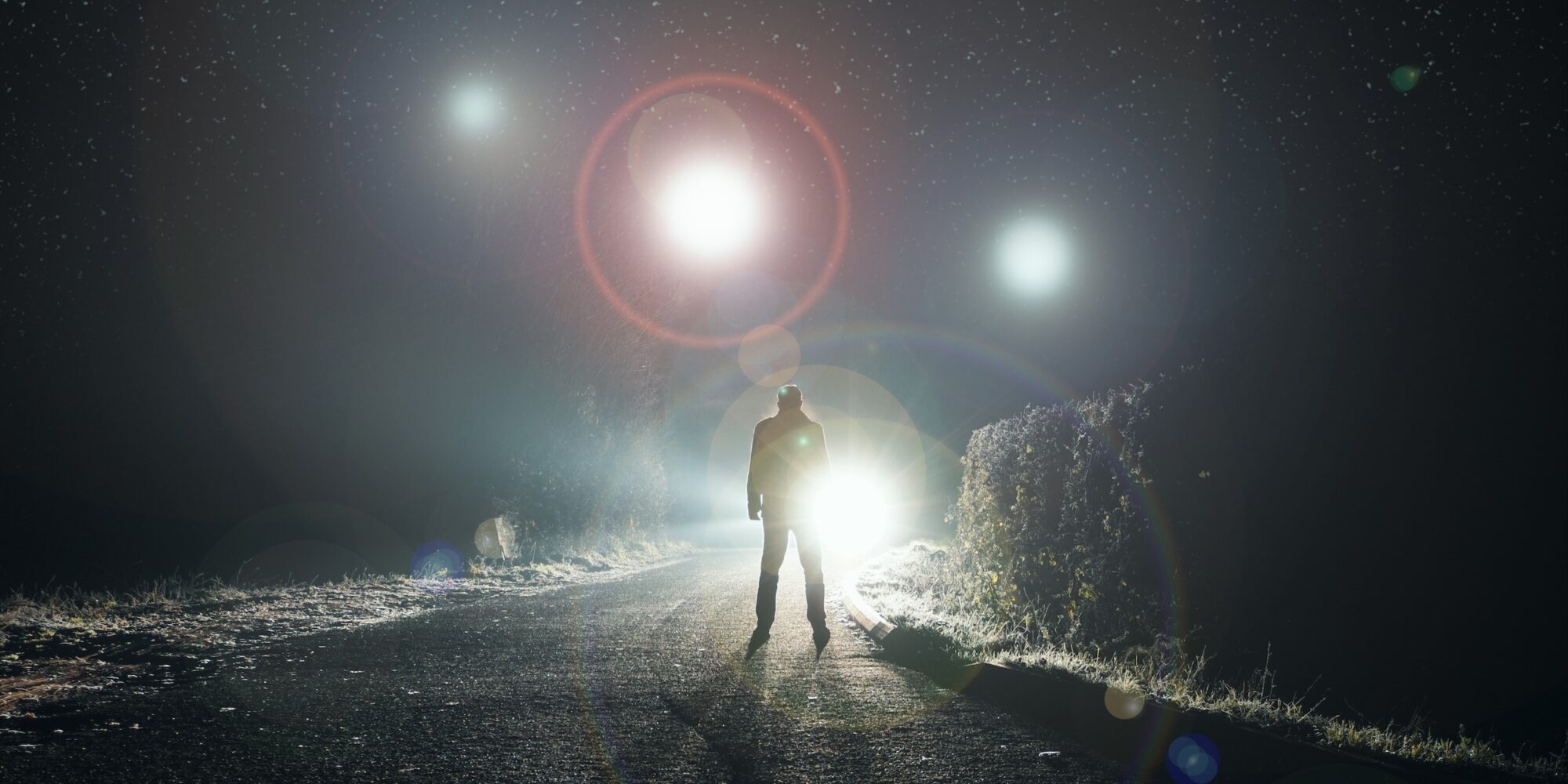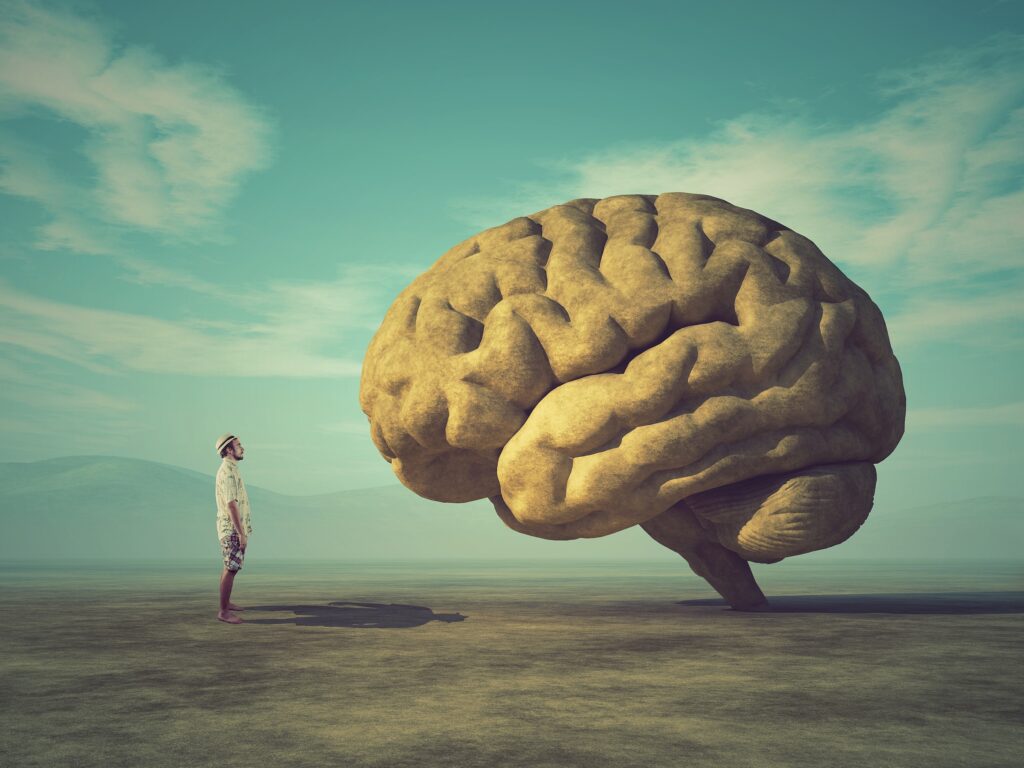UAPs, NDEs, and foundations of physics: it all makes sense under Idealism
Seeing | Philosophy | 2023-12-10

Only a form of objective idealism can account for UAPs, NDEs, and the latest discoveries in foundations of physics and the neuroscience of consciousness, while remaining consistent with the whole of science and rational inquiry. Learn more in this discussion between Hans Busstra and Bernardo Kastrup.
Analytic Idealism is the new worldview that can make sense of anomalous phenomena—whether it is NDE’s, altered mental states or UAP’s—whilst remaining 100% compatible with our current understanding of physics.
In this video Hans Busstra discusses questions from viewers of our channel with Bernardo Kastrup (director of the Essentia Foundation).
Physicalism offered an equilibrium for around two hundred years. But if one closely looks in the fields of neuroscience, physics and philosophy, anomalies are piling up. The only way to still entertain the idea that physicalism can make sense of unexplainable empirical phenomena—ranging from loophole-free Bell inequality tests, to altered mental states, to undeniable new evidence around Unidentified Anomalous Phenomena (UAP’s)—is to literally ‘don’t look up,’ to paraphrase the hilarious Netflix film that actually was a painfully accurate cultural critique of our times.
In this Q&A Hans Busstra and Bernardo Kastrup discuss questions coming in around anomalies in the fields of NDE’s, UAP’s and fundamental physics. Though analytic idealism can’t offer clear-cut answers to most of these questions, it can—and this is a crucial difference with physicalism—in principle build testable theories around these phenomena. For instance, if nature consists of mental states, it is not unthinkable that when dissociative processes weaken—for instance, during NDE’s—that people can experience other people’s experiences. And if UAP’s in some cases seem to present themselves as mental phenomena, under idealism it doesn’t follow that they are imaginary.
If we want to continue the scientific endeavour of accurately describing and predicting the behaviour of nature, we need to ‘look up’ under all circumstances; analytic idealism offers us a new telescope to do so confidently. Our YouTube channel is the place where we look through the telescope playfully, allowing ourselves to be troubled as well as excited: a revolutionary shift in science seems ahead and we want to report it to you from the forefront.

Essentia Foundation communicates, in an accessible but rigorous manner, the latest results in science and philosophy that point to the mental nature of reality. We are committed to strict, academic-level curation of the material we publish.
Recently published
Reading
Essays
Seeing
Videos
Let us build the future of our culture together
Essentia Foundation is a registered non-profit committed to making its content as accessible as possible. Therefore, we depend on contributions from people like you to continue to do our work. There are many ways to contribute.















